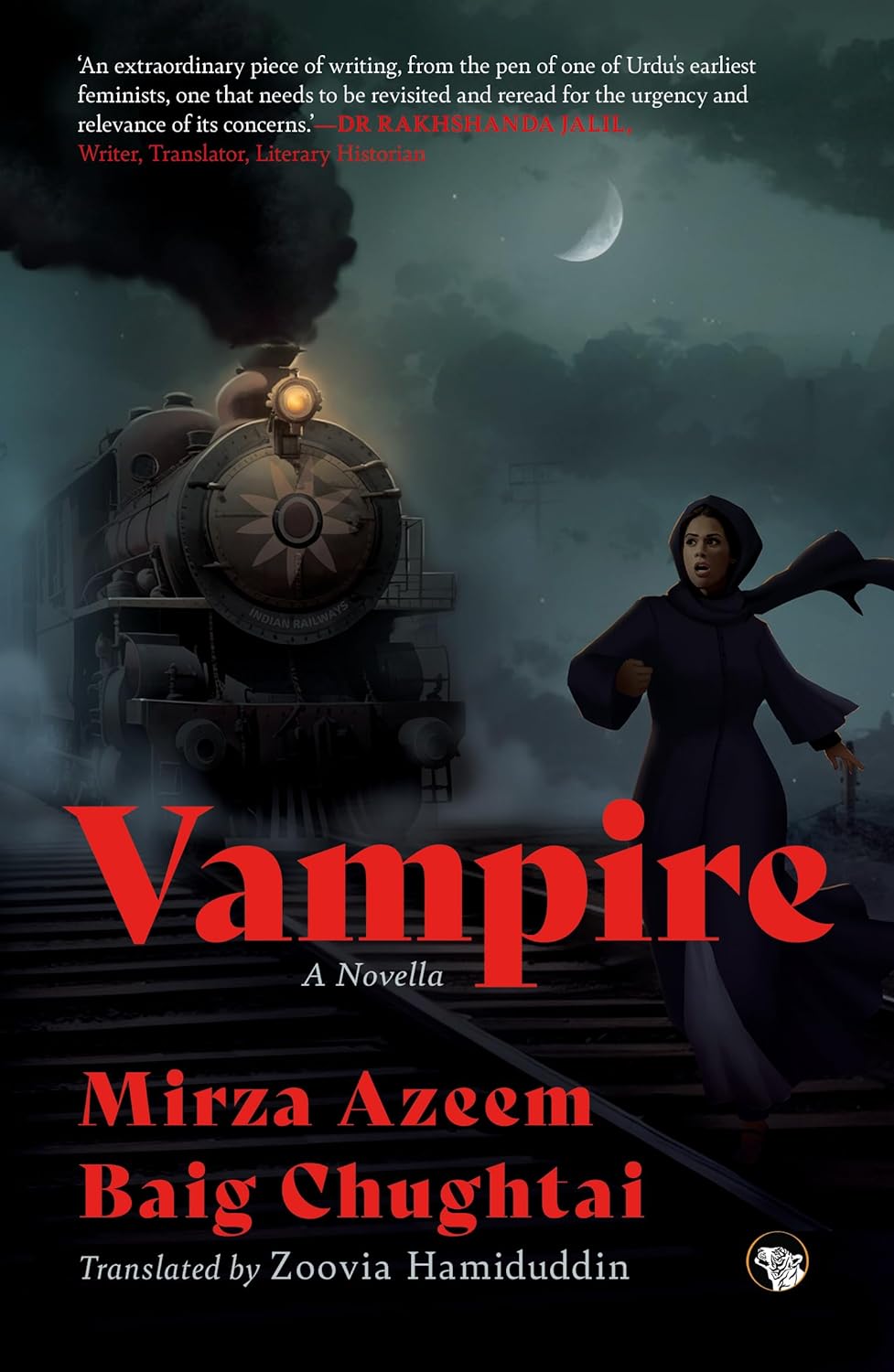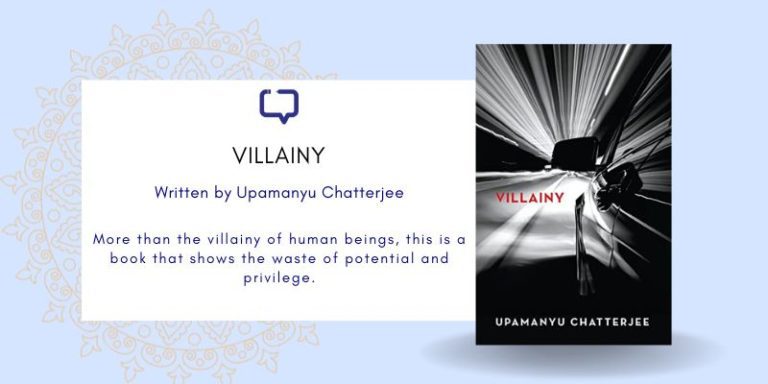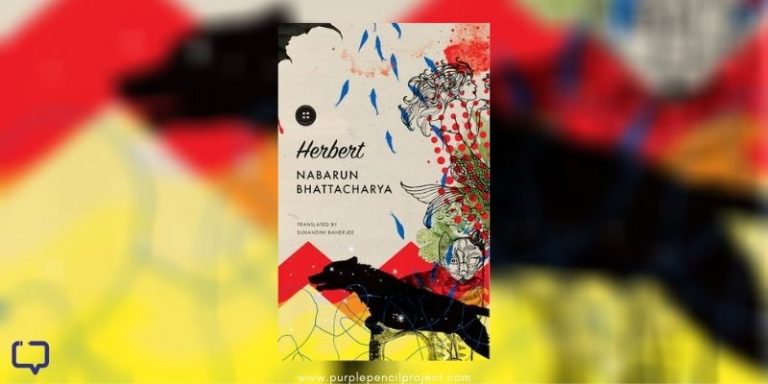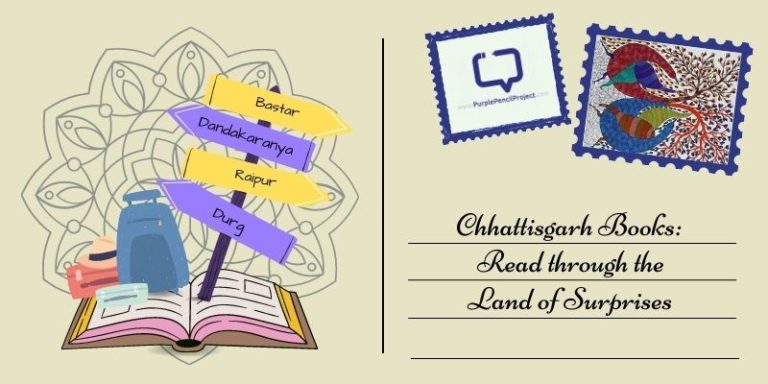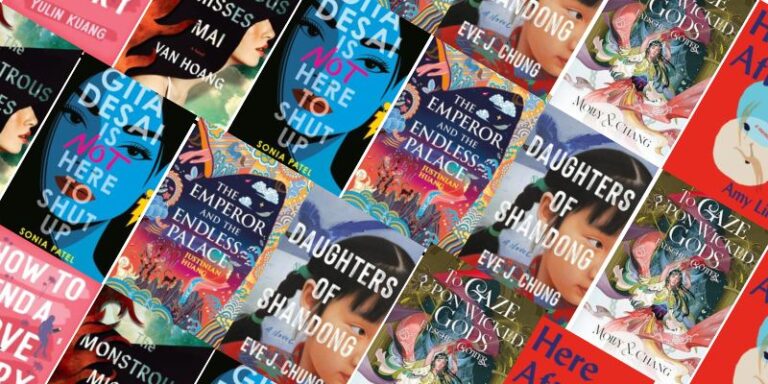I want the world to know what happens to such a girl when she is plucked like a flower and then crushed and trampled upon without a moment’s hesitation or thought…. I welcome the readers to my nightmare.
Mirza Azeem Baig Chughtai, Vampire
These lines, taken from the first few pages of Mirza Azeem Baig Chughtai’s novella Vampire sum up the book’s subject matter in a very pithy manner. Originally published in 1932 and available to English readers in 2024, Vampire by Mirza Azeem Baig Chughtai is the story of a newly married sixteen-year-old girl who is yet to leave for her husband’s home after the ‘rukhsati’ and how her life changes drastically on losing her ‘honour’ after being raped.
We encourage you to buy books from a local bookstore. If that is not possible, please use the links on the page and support us. Thank you.
The Story
When this young girl gets separated from her family during a train journey, she has no choice but to spend the night in the house of the station master. The night proves to be a night of horror for her as she is raped by the station master’s guest. While the rapist goes away without a care in the world, her world turns upside down in a matter of a few hours. She’s traumatised by her experience and even as she joins her family the next day, she knows that there’s no one she can share her ordeal with.
To make matters worse, as she tries to forget the night and move forward with her life, she discovers that she is pregnant. This is the beginning of a harrowing, nightmarish time for this young woman because she has now become a blot on the honour of the family and all attempts are made to cover up what has happened before the honour of the family gets sullied further.
The culmination of these attempts happens in a way that is rather shocking to the contemporary reader and the fact that she is able to sign off the narrative by calling herself “a fortunate girl” echoes like a slap in silence long after the reader has turned the last page.
The Writing
Vampire is written in first person and the tone of the novella resembles the confessional genre of writing as here, too, the protagonist-narrator bares her soul before the readers and lets them know of every ordeal she goes through. The tone of the novella is intimate and gives the reader the privilege of being privy to the innermost thoughts and feelings of the narrator. It is this intimacy between the narrator and the reader that is the strongest point of the book as the reader has intimate knowledge of all that is not openly said and heard.
Recommended Reads: Ismat: Her Life, Her Times
Chughtai writes with a no-holds-barred approach where the hypocrisy of a society’s treatment of its rape survivors is considered and page after page shines the limelight on that which is seedy, sordid and squalid in the society. Be it the shame and the guilt the girl feels after she has faced the ordeal or be it the fear of gossip and infamy that causes the family to take extreme steps not caring whether or not the daughter survives, Chughtai doesn’t allow anything to escape. It is not hard to imagine the shock of the readers when the book was first published upon reading about things that are never really a part of the discussions in polite society even today.
Themes and Symbolism
Mirza Azeem Baig Chughtai’s descriptions of the girl’s trauma, shame and confusion feel very real and accurate. In describing her anguish, fear and anger, Chughtai makes statements that – unfortunately – feel true after more than eight decades. At a point, when she realises how little her life matters when compared to her family’s honour, the narrator says,
The woman was told categorically that even if I was to die in the process, we were willing to go ahead with it and so now preparations were being made for me to lose my life rather than to lose the family honour and respect… In this hypocritical society, when the victim of such a crime is punished, the society applauds itself to be honourable, to be respectable, we become proud of ourselves and happy that we are ready to mete out a just punishment to the victim, and we would punish her so harshly that she would wish to be banished to hell with all its fire and brimstone and torture.
Mirza Azeem Baig Chughtai, Vampire
The horror of these lines is augmented by the fact that none of us can claim that we are no longer that same society. But what makes Vampire an even more hard-hitting read for the contemporary audience is how it ends when the protagonist comes face to face with her husband.
In her afterword, the translator Zoovia Hamiduddin refers to the fact that the entire novella is written as a letter to God and that creates an even more uncomfortable position for the reader who, it may be argued, in being the recipient of this young girl’s confessional narrative is playing the role of God as s/he too does nothing but witness the trauma of the protagonist like the God in heaven. The title of the novella is also symbolic and works well with the story Mirza Azeem Baig undertakes to tell and the discussion of the work in the translator’s introduction adds to it.
Favorite Quote from Mirza Azeem Baig Chughtai’s Vampire
I became a burden on this world, a disgrace and dishonour to my family, and to my husband. But the oppressor who inflicted this torture on me? He remains untainted, unburdened, unshackled; his devilish behaviour does not change his life. I was the sacrifice for the Lord of Darkness.
Mirza Azeem Baig Chughtai, Vampire
Conclusion
Like his more famous sibling, Mirza Azeem Baig Chughtai’s novella too is an attempt to bring to light that which is often swept under the carpet. While Ismat Chughtai gives her readers a peek at what happened inside the quilt, Mirza Azeem Baig doesn’t hesitate to throw the entire quilt off to reveal the rot underneath.
Have you read this disturbing and, simultaneously, revealing novel? What are your thoughts? Comment below and let us know!








